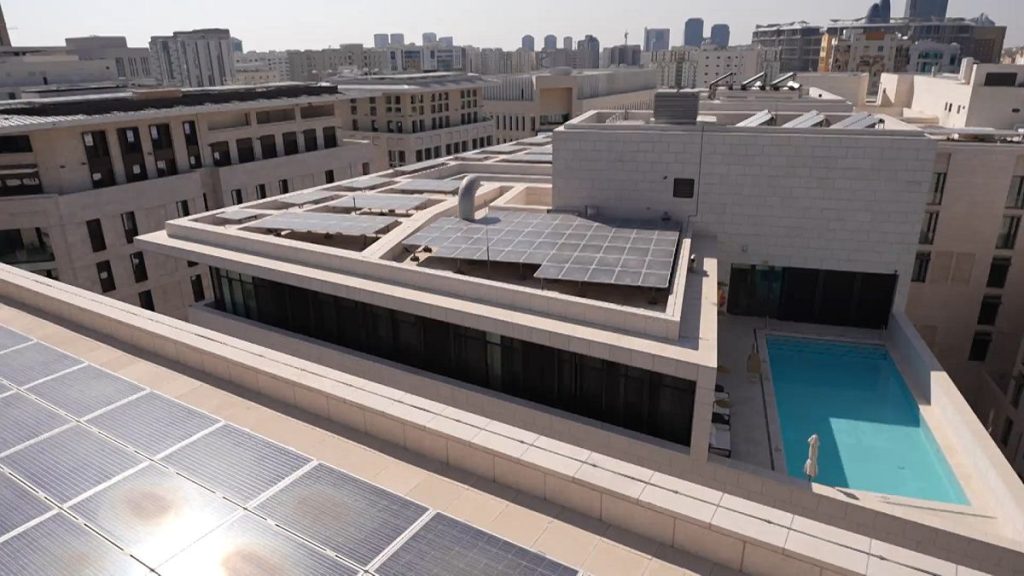Smart cities represent a paradigm shift in urban development, leveraging technology and data-driven solutions to enhance the quality of life for residents, optimize resource management, and foster sustainable economic growth. This approach recognizes the increasing complexities of urban environments, particularly in the face of burgeoning populations and escalating demands on infrastructure and services. Smart cities prioritize efficiency and sustainability, employing interconnected systems to address challenges ranging from transportation and energy consumption to waste management and public safety. At their core, smart cities aim to create more livable, resilient, and inclusive urban spaces that cater to the diverse needs of their inhabitants while minimizing their environmental footprint.
The concept of a “smart city” encompasses a multitude of interconnected facets, going beyond mere technological implementation to encompass a holistic vision of urban development. It’s about creating an ecosystem where data becomes a powerful tool for optimizing city operations and improving citizen engagement. This involves collecting data from various sources, including sensors, smart devices, and public feedback, and analyzing it to identify patterns, predict future needs, and make informed decisions. Smart cities leverage this data to enhance public services, improve transportation networks, optimize energy consumption, manage waste more effectively, and create safer and more secure environments. The ultimate goal is to improve the overall quality of life for residents, fostering a sense of community and enabling greater access to opportunities.
A crucial aspect of smart city development is the focus on sustainability. As urban populations continue to expand, the strain on natural resources and the environment intensifies. Smart cities address this challenge by integrating sustainable practices into their core operations. This includes implementing renewable energy sources, promoting energy efficiency, optimizing water management, and reducing waste generation. By adopting a circular economy approach, smart cities aim to minimize their environmental impact and create a more sustainable future for generations to come. This commitment to sustainability not only benefits the environment but also enhances the economic viability of the city, attracting businesses and investment while reducing operational costs.
Transportation is a critical component of any urban environment, and smart cities are revolutionizing the way people move within their boundaries. By integrating intelligent transportation systems, smart cities can optimize traffic flow, reduce congestion, and improve public transportation efficiency. This includes implementing smart traffic management systems, promoting the use of electric vehicles, and developing integrated public transportation networks. Furthermore, smart cities prioritize pedestrian and bicycle-friendly infrastructure, encouraging alternative modes of transportation and reducing reliance on private vehicles. These efforts not only improve mobility but also contribute to a cleaner and healthier urban environment.
Community engagement is paramount to the success of any smart city initiative. Ultimately, smart cities are designed to serve the needs of their residents, and it is essential to involve citizens in the planning and development process. This includes creating platforms for public feedback, engaging residents in decision-making processes, and fostering a sense of ownership and responsibility. By incorporating the perspectives and needs of the community, smart cities can ensure that their initiatives are relevant, impactful, and truly enhance the lives of their inhabitants. This collaborative approach fosters a sense of belonging and empowers residents to actively participate in shaping the future of their city.
The transformation of Msheirab Downtown Doha into a sustainable smart city exemplifies the potential of this innovative approach to urban development. By integrating cutting-edge technologies and sustainable practices, Msheirab has created a model for future urban environments. The project demonstrates how a holistic approach to urban planning can revitalize existing infrastructure while prioritizing sustainability and community well-being. Msheirab’s success serves as an inspiration for cities around the world seeking to embrace the smart city concept and create more livable, resilient, and sustainable urban spaces for their citizens. This case study highlights the tangible benefits of smart city development, showcasing its potential to address the complex challenges facing urban environments in the 21st century. The lessons learned from Msheirab can inform and guide other cities as they embark on their own smart city journeys, paving the way for a more sustainable and prosperous urban future.














